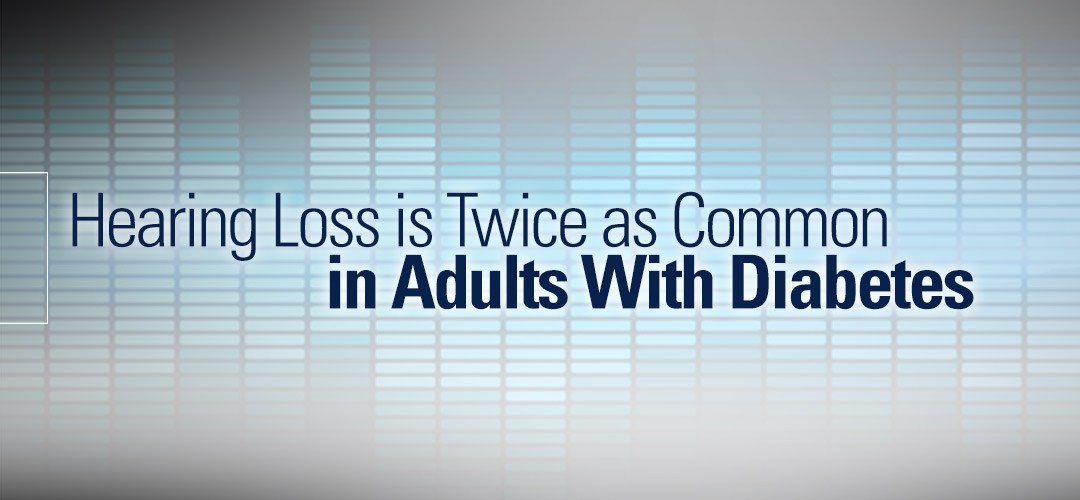 Diabetes is becoming an extremely common disease, making it a large contributor to hearing loss. Though under-recognized, hearing loss can be a serious complication of uncontrolled diabetes.
Diabetes is becoming an extremely common disease, making it a large contributor to hearing loss. Though under-recognized, hearing loss can be a serious complication of uncontrolled diabetes.
In 2008, the National Institute of Health (NHI) conducted a study that showed hearing loss is about twice as likely to occur in adults with type 1 and type 2 diabetes than those who do not have the disease. After testing over 4,700 participants, the NHI found that there was a strong correlation between diabetes and the participant’s ability to hear a range of frequencies in both ears. Of those participants with diabetes, 54% reported a hearing loss of high-frequency sounds.
How Diabetes Hurts Your Hearing
Diabetes seems to affect hearing in several ways. The blood vessels in the ears are very small, when blood sugar levels rise from diabetes, the nerves in the ears begin to breakdown, eventually causing damage to the small vessels of the body. In Addition, “our hearing mechanisms rely on hair cells that are very fragile and susceptible to changes in the environment, including the effects of increased glucose in blood,” says Elizabeth Dinces, M.D., assistant professor of otolaryngology at Montefiore Medical Center in Bronx, New York.
The Risk Factors of Untreated Hearing Loss
The best way to prevent hearing loss due to diabetes would be to have your hearing tested by a Doctor of Audiology regularly to watch for drops in your hearing ability. Hearing loss is not just a ear issue, it’s a health issue.
- Adults with untreated hearing loss are more likely to report feelings of isolation & depression
- People with MILD hearing loss are 3x more likely to have a history of falling
- 30% – 40% faster cognitive decline compared to those without hearing loss
- Other research suggests that untreated hearing loss can also increase the risk for dementia because it reduces stimuli from the environment that keeps the brain healthy.
Landmark Hearing Service Inc.
Sunnyvale | Saratoga | San Jose/Willow Glen
